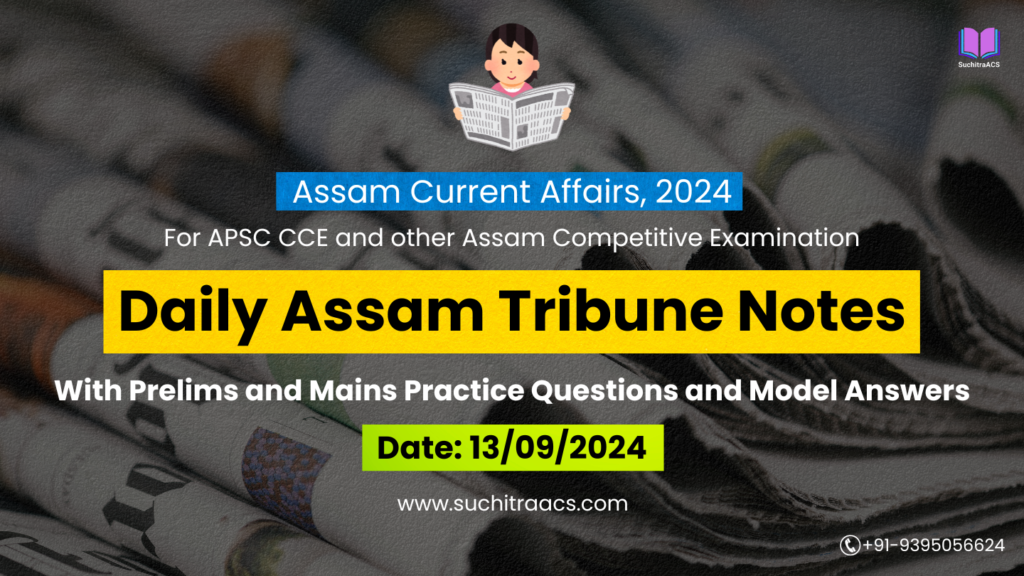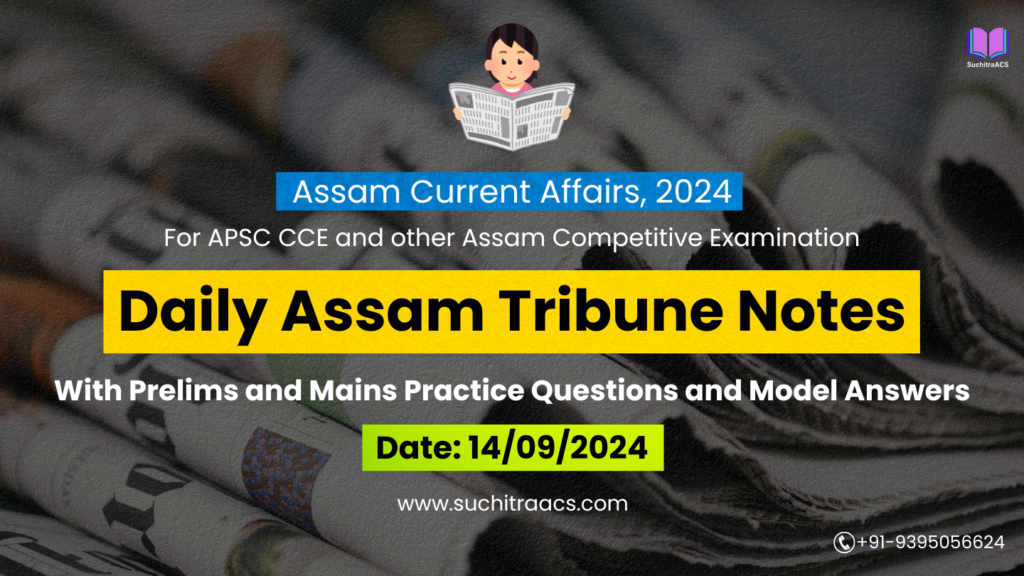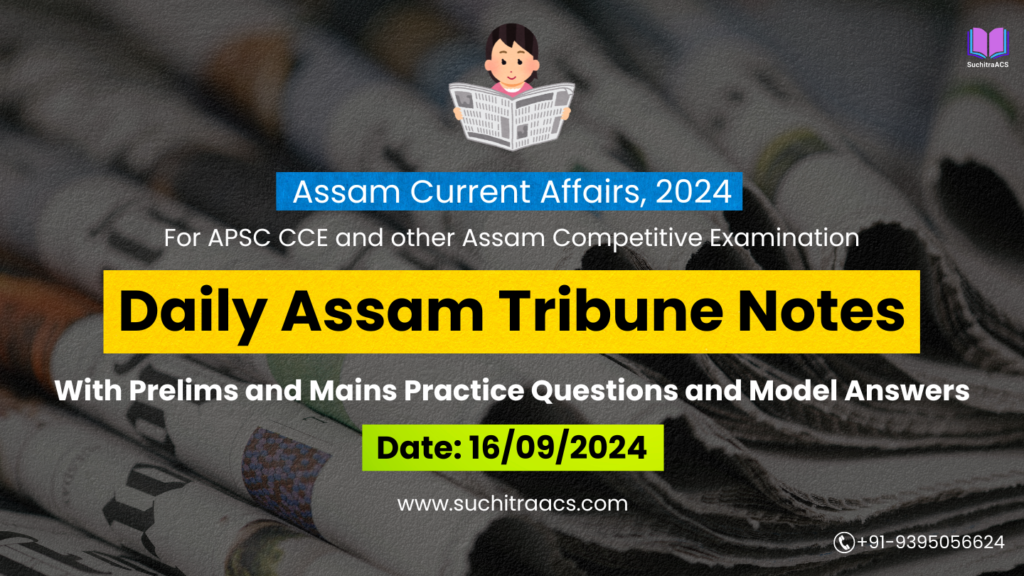1. Withdrawal of Life Support in Terminally Ill Patients
- Relevance to Syllabus:
- Prelims: Polity & Governance – Health, Current events of national and international importance
- Mains: GS II – Polity, Governance, Constitution, and Social Justice, GS IV – Ethics, Integrity, and Aptitude
- Comprehensive Notes:
- Context: The Directorate General of Health Services, Ministry of Health and Family Welfare, has formulated draft guidelines on the withdrawal of life support for terminally ill patients.
- Objectives:
- Minimize patient suffering by ensuring appropriate care and avoiding unnecessary pain or prolongation of life without hope of recovery.
- Respect patient autonomy by encouraging open communication about end-of-life wishes.
- Reduce the financial burden on families and optimize resource allocation in healthcare settings.
- Minimize emotional stress for healthcare professionals and families by providing clear guidelines for end-of-life care discussions.
- Key Points:
- The guidelines emphasize the importance of informed consent and shared decision-making involving healthcare professionals, patients, and their families.
- They outline the process for withdrawing life support, including the formation of a medical board and the documentation of decisions.
- The guidelines also address ethical considerations and the need for palliative care to ensure the comfort and dignity of terminally ill patients.
- Current Status: The draft guidelines are open for public comments until October 20, 2024.
2. India-US Energy Trade
- Relevance to Syllabus:
- Prelims: Economy, Current events of national and international importance
- Mains: GS II – International Relations, GS III – Economy
- Comprehensive Notes:
- Context: India’s Petroleum Minister Hardeep Singh Puri stated that the US is India’s sixth-largest energy trade partner, and the bilateral trade has the potential to grow significantly.
- Key Points:
- The hydrocarbon trade between India and the US has doubled since 2018-19, reaching USD 13.6 billion in 2023-24.
- Puri expressed confidence that the total bilateral trade could increase from USD 200 billion to over USD 500 billion.
- India’s leadership during its G20 Presidency was highlighted, particularly the launch of the Global Biofuels Alliance in collaboration with the US and other countries.
- Discussions were held with US officials on India’s unique challenges in balancing its energy needs with its commitment to achieving net-zero emissions by 2070.
3. India’s Terrorism Threat
- Relevance to Syllabus:
- Prelims: Security, Current events of national and international importance
- Mains: GS III – Security
- Comprehensive Notes:
- Context: The Financial Action Task Force (FATF) report on India’s efforts to combat money laundering and terror financing highlighted the significant terrorism threat India faces from ISIS and Al-Qaeda-linked groups in and around Jammu & Kashmir.
- Key Points:
- The FATF report identified various terrorism threats India faces, including those associated with ISIS/Al-Qaeda, separatist movements, regional insurgencies in the Northeast, and Left-wing extremist groups.
- The most significant threat is perceived to be from ISIS/Al-Qaeda-linked groups operating in and around Jammu & Kashmir.
- The report also mentioned a sudden rise in terror-financing investigations in 2023, attributed to events in Manipur.
- India’s efforts to combat money laundering, primarily stemming from domestic illegal activities like fraud, corruption, and drug trafficking, were also acknowledged.
4. ‘One Nation, One Election’ Implementation
- Relevance to Syllabus:
- Prelims: Polity & Governance
- Mains: GS II – Polity and Governance
- Comprehensive Notes:
- Context: The Union Cabinet’s approval of the ‘One Nation, One Election’ proposal has sparked debate about its implementation and implications.
- Key Points:
- The proposal aims to synchronize elections for the Lok Sabha and all state legislative assemblies.
- Proponents argue it will reduce costs, improve governance, and minimize disruptions.
- Concerns exist about its impact on India’s federal structure, potential favoritism towards national parties, and the need for constitutional amendments.
- The Assam Pradesh Congress Committee (APCC) president expressed skepticism about its implementation and highlighted the complexities involved.
5. West Bengal Government’s Directives on Healthcare Professionals’ Safety
- Relevance to Syllabus:
- Prelims: Polity & Governance – Health
- Mains: GS II – Governance
- Comprehensive Notes:
- Context: The West Bengal government issued directives to enhance the safety and security of healthcare professionals in the state.
- Key Points:
- The directives include ensuring adequate on-duty rooms, washrooms, CCTV surveillance, and drinking water facilities in healthcare facilities.
- A former DGP has been appointed to conduct security audits of medical colleges and hospitals.
- The move comes after protests by junior doctors demanding better safety and working conditions.
6. Haryana Assembly Elections and Manifestos
- Relevance to Syllabus:
- Prelims: Polity & Governance – Elections
- Mains: GS II – Polity and Governance
- Comprehensive Notes:
- Context: The upcoming Haryana Assembly elections have led to the release of manifestos by major political parties, focusing on issues related to women, youth, farmers, and the poor.
- Key Points:
- Both the BJP and Congress have announced various schemes and promises to woo voters.
- The BJP is aiming for a third consecutive victory, while the Congress is seeking to capitalize on anti-incumbency sentiments.
- Key promises include financial assistance for women, job creation for youth, support for farmers, and subsidized LPG cylinders.
APSC Prelims Practice Questions
The draft guidelines on ‘Withdrawal of Life Support in Terminally Ill Patients’ have been formulated by:
(A) Ministry of Home Affairs
(B) Directorate General of Health Services
(C) Indian Medical Association
(D) National Human Rights Commission
- Answer: (B)
- Which country is India’s sixth-largest energy trade partner, according to Petroleum Minister Hardeep Singh Puri?
- (A) Russia
- (B) United States
- (C) Saudi Arabia
- (D) UAE
- Answer: (B)
- The FATF report identified the most significant terrorism threat to India as originating from:
- (A) Left-wing extremist groups
- (B) Regional insurgencies in the Northeast
- (C) ISIS/Al-Qaeda-linked groups in and around Jammu & Kashmir
- (D) Separatist movements in the Northeast
- Answer: (C)
- The ‘One Nation, One Election’ proposal aims to synchronize elections for:
- (A) Lok Sabha and Rajya Sabha
- (B) Lok Sabha and State Legislative Assemblies
- (C) State Legislative Assemblies and local bodies
- (D) All of the above
- Answer: (B)
- The West Bengal government has appointed a former DGP to conduct security audits of:
- (A) Government offices
- (B) Educational institutions
- (C) Medical colleges and hospitals
- (D) Public transport systems
- Answer: (C)
- Which state is going to polls in October, with the BJP and Congress releasing manifestos focused on women, youth, farmers, and the poor?
- (A) Haryana
- (B) Maharashtra
- (C) Jharkhand
- (D) Bihar
Answer: (A)
APSC Mains Practice Question
Question: “The withdrawal of life support in terminally ill patients is a complex ethical dilemma. Discuss the various ethical considerations involved in this decision, and analyze the role of healthcare professionals, patients, and their families in navigating this challenging situation.”
Model Answer:
The withdrawal of life support in terminally ill patients is a profoundly challenging and ethically complex issue that confronts healthcare professionals, patients, and their families. It necessitates careful consideration of various ethical principles and a sensitive approach to decision-making.
Ethical Considerations:
Several key ethical principles come into play when considering the withdrawal of life support:
- Autonomy: Respecting the patient’s right to self-determination is paramount. If the patient has expressed their wishes through advance directives or living wills, these should be given significant weight.
- Beneficence: Healthcare professionals have a duty to act in the patient’s best interests. This involves promoting their well-being and minimizing suffering. In some cases, withdrawing life support may be seen as the most compassionate course of action.
- Non-Maleficence: The principle of “do no harm” is central to medical ethics. It is crucial to ensure that the withdrawal of life support does not cause unnecessary pain or distress to the patient.
- Justice: This principle emphasizes fairness and equitable distribution of resources. It is essential to ensure that decisions about life support are not influenced by factors such as socioeconomic status or discrimination.
Role of Stakeholders:
- Healthcare Professionals: Physicians and other healthcare providers play a crucial role in guiding patients and families through the decision-making process. They must provide accurate information about the patient’s condition, prognosis, and available options, while remaining sensitive to the emotional and psychological needs of all involved.
- Patients: When possible, patients should be actively involved in discussions about their care. Their wishes and values should be respected and given priority.
- Families: Families often play a vital role in supporting patients and making decisions on their behalf, particularly when patients are unable to communicate their wishes. Open communication and empathy are crucial in helping families navigate this difficult process.
Navigating the Challenge:
- Advance Care Planning: Encouraging patients to engage in advance care planning, including the preparation of advance directives and living wills, can help clarify their wishes and ease the burden on families.
- Open Communication: Fostering open and honest communication between healthcare providers, patients, and families is essential. This involves creating a safe space for sharing concerns, fears, and hopes.
- Multidisciplinary Approach: Involving a multidisciplinary team, including physicians, nurses, social workers, and chaplains, can provide comprehensive support to patients and families.
- Cultural and Religious Sensitivity: Recognizing and respecting the cultural and religious beliefs of patients and families is crucial in ensuring that decisions are made in accordance with their values.
The withdrawal of life support is a complex and emotionally charged issue that demands careful ethical consideration and a compassionate approach. By fostering open communication, respecting patient autonomy, and prioritizing the well-being of patients, healthcare professionals, patients, and families can navigate this challenging situation with dignity and grace.
✨ Looking for top-quality APSC online coaching at an affordable price?

🔔 Join Our WhatsApp Study Group!
For exclusive access to premium quality content, including study materials, current affairs, MCQs, and model answers for APSC CCE and other Assam competitive exams.
Click here to join: SuchitraACS Study WhatsApp Group
📚 Want to know more about SuchitraACS’s most affordable courses?
Click here to know more: SuchitraACS Courses for APSC CCE and Assam Competitive Examinations




